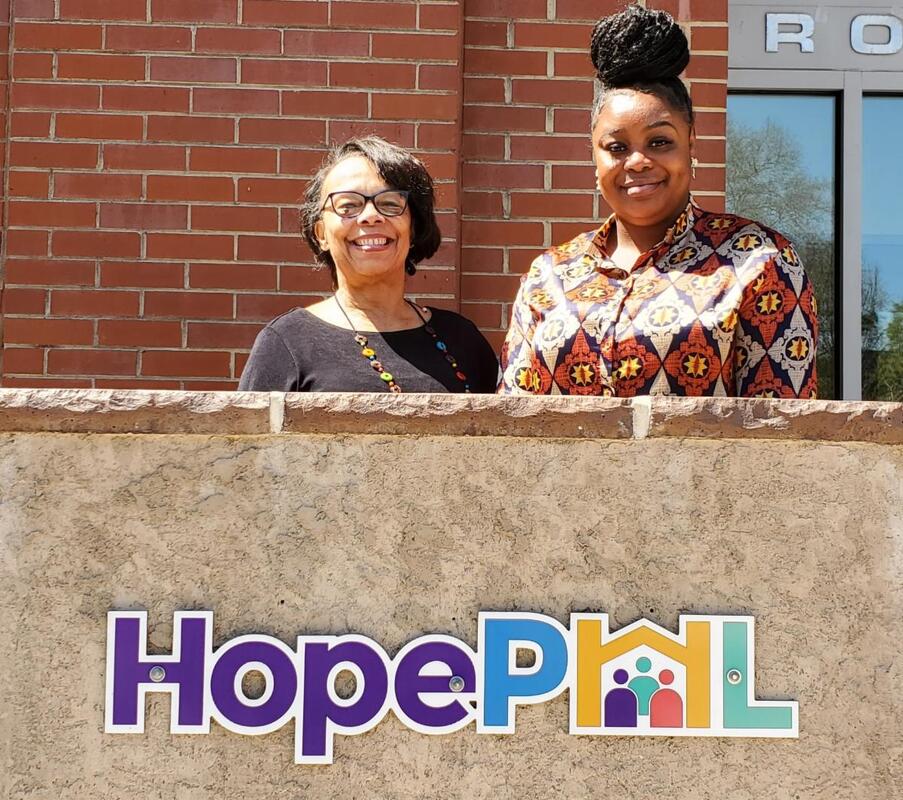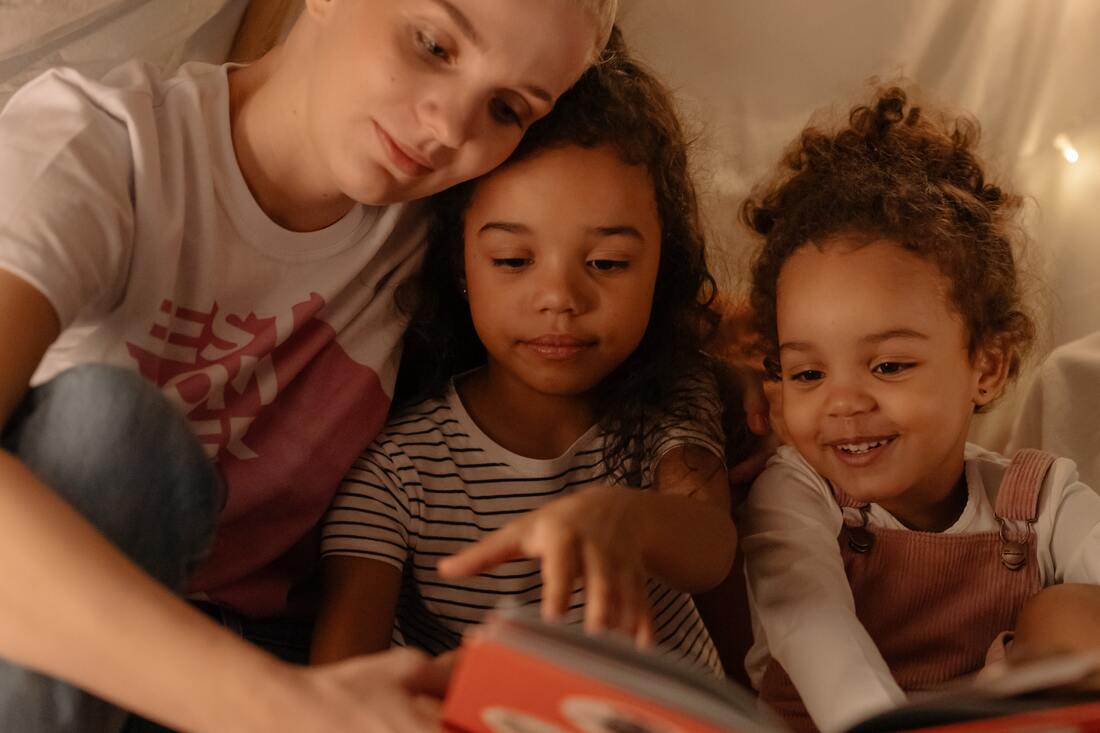|
Forty-eight charter schools and the School District of Philadelphia (SDP) will lose $3 million in support for the thousands of students and their families who experience homelessness during the school year. The Commonwealth will lose the capacity built by the American Rescue Plan’s $32 million investment.
Despite public hearings, countless meetings, direct discussions with policymakers, and multiple policy briefs framing the issue, no legislative body answered the call to use local funds to support homeless students. Every legislator on both sides of the aisle says they support homeless students, but only Rep. Ismail Wade Smith-El of Lancaster County and Philadelphia Representative Donna Bullock publicly stepped up to keep the new capacity going. The Commonwealth and its schools will revert to the federal $5 million for the 500+ school districts and charters to support more than 40,000 children and youth who experience homelessness. Yes, we are extremely disappointed. Forty-eight charter schools and the School District of Philadelphia (SDP) stand to lose nearly $3 million in support for the thousands of students and their families who experience homelessness during the school year. HopePHL's school-based programs, such as Thrive, depend on these critical funds to provide the best support to students.
These funds were provided by the American Rescue Plan (ARP) via Pennsylvania’s ‘Education for Children and Youth Experiencing Homelessness’ (ECYEH) program. The ECYEH program is the only federal education program that removes barriers to enrollment, attendance, and reduces truancy caused by homelessness. The schools used this money to expand their capacity to provide staffing, train school personnel, and provide direct services like short-term housing support, uniforms, transportation, motel stays, summer programming, school supplies, and more. WHAT ADVOCATES ARE ASKING FOR: Advocates are asking Mayor Parker and the Philadelphia City Council Assembly for $3 million in General Funds to continue much of the expanded support for students experiencing homelessness. We are meeting with City Council and members of the Parker Administration to convince them of this needed support. ACTION ALERT: Contact the Mayor and City Council and ask them to “Fund homeless education by investing $3 million.” Contact Mayor Parker: Mayor’s correspondence form | Office of the Mayor | City of Philadelphia Contact City Council: Use their websites to send your message: Council Members - Philadelphia City Council (phlcouncil.com) Learn more about our school-based programs here Check out this month's edition of the HopePHL Perspective, our Policy newsletter to learn how you can help support getting more funds to support students facing homelessness, why collecting data on infants-toddlers experiencing homelessness is important, and upcoming events!
The term ‘equity’ has been talked about for many years, but what does it mean for Pennsylvania’s thousands of young children experiencing homelessness?
A public health institute asserts that “equity is a solution for addressing imbalanced social systems. Justice can take equity one step further by fixing the systems in a way that leads to long-term, sustainable, equitable access for generations to come.” The Merrian-Webster website defines equity as ‘refers to fairness or justice in the way people are treated.’ Many of us working in either the homeless housing and early childhood education systems have been asking "are children facing homelessness given equal access to high-quality early learning opportunities?" The answer lies in the data. Many organizations are collecting data on this population but do not report it to a single entity for analysis. In the past year we have been working with our allies to encourage state and local officials to foster inter-system cooperation to improve our understanding of the prevalence and needs of infants and toddlers experiencing homelessness. If we do not know the participation rates of these children in programs like Head Start, home visiting, childcare, and others, we will not be able to answer the question.  A 10th grade student in one of the schools served by HopePHL was kicked out of his home and reached out for support. He did not have other family or friends to stay with. HopePHL's Thrive program referred him to the emergency shelter at YES, which provided safe housing for the student. During that time, our team provided money for clothing and school supplies so that he was able to keep up with school. At the end of the 21 days, he was able to return home to a diffused situation with his parents. The story above is just one example of the positive affect the American Rescue Plan’s funding is used to support students experiencing homelessness. Pennsylvania received $32 million from the American Rescue Plan for the Education for Children and Youth Experiencing Homelessness (ECYEH) program. This program supported 40,000 children and youth in 2022. The funding has paid for activities that increase high school graduation, lower truancy, stabilize housing, and much more. More than 400 school districts and charters have received the funding but stand to lose it as the APR dollars expire January 31, 2025. Any funds that remain will go back to the Treasury. As of January 31, Pennsylvania still had $7.3 million unspent (see general fund status here) with five months remaining. Thanks to HopePHL and our allies, United State Senators Robert Casey and John Fetterman responded positively to our request to sign-on to a “Dear Colleague” letter that proposes to extend the obligation deadline by one year for funding made available under section 2001(b)(1) of the American Rescue Plan Act of 2021, for the purposes of serving homeless children and youth (ARP-HCY). A problem that Senator Casey can solve is to extend the deadline. We are encouraging Congress to extend the obligation deadline by at least one school year to ensure that all ARP-HCY funds are used strategically to support increasing numbers of students experiencing homelessness. Congress also should increase annual funding for the McKinney-Vento Act’s Education for Homeless Children and Youth (EHCY) funding. As outlined in the report, Congress should extend the deadline because:
This funding has had a transformative effect in the lives of children, youth, and families that have experienced homelessness. Thank you, Senators Casey and Fetterman, for doing what is important to support our homeless students. The “State-Level Brief Update – A Call to Action” is brought to you by the Pennsylvania Head Start State Collaboration Office and HopePHL, in partnership with Grace Whitney, PhD. The Update highlights key state-level housing, education, and early childhood sector data regarding young children experiencing homelessness and it expands earlier efforts by including data related to young children in foster care.
Over 22 million U.S. households are enrolled in the The Affordable Connectivity Program (ACP), that is equal to roughly one in six of all Americans. ACP is a federal benefit that helps low-income households that qualify pay for internet services and devices. The one-time funding for the program that was appropriated by Congress is set to run out by April 2024. Congress may approprate additional funds but it is not guaranteed so the Federal Communications Commission (FCC) must operate as if the program will end. Dates to know:
The official last fully-funded month will be announced in late February. ACP households will receive further instruction after this confirmation. Providers must offer additional opt-in to continue service if the consumer had not already been an active customer prior to applying the ACP benefit or if the ACP benefit covers the entire cost of a customer’s bill. Notifications To Look For:
2) 15 days after FCC announcement of last fully-funded month of ACP 3) During the customer’s last bill or billing cycle using the ACP benefit *Provider Notifications 2 & 3 must state the ending date of ACP and date of the last bill it will be applied to, bill amount without the ACP benefit OR statement that the customer will be subjected to undiscounted rates per term conditions, and give them the ability to change their service and/or to opt out continuing service at the end of ACP.
|
Click on a category to filter to the stories that are most important to you!
Categories
All
Archives
July 2024
|
HopePHL |
CONNECT WITH US
Follow us on social media |
|
© 2023 HopePHL. All rights reserved.







 RSS Feed
RSS Feed